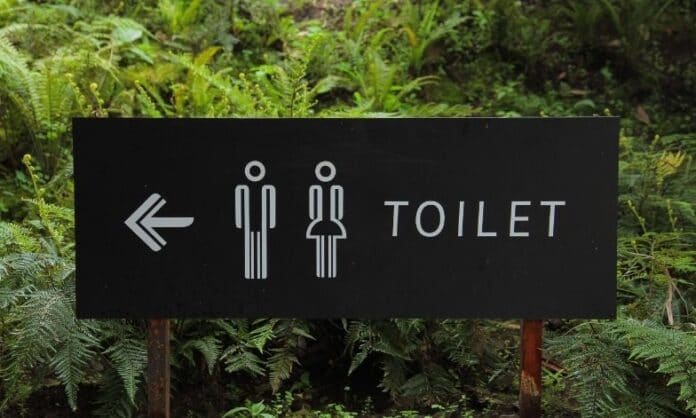“Who cares about toilets? 3.6 billion people do. Because they don’t have one that works properly.”
That is the starting point of this 2021 Campaign for World Toilet Day. The Observance celebrates toilets and raises awareness of the 3.6 billion people living without access to safely managed sanitation. When some people in a community do not have safe toilets, everyone’s health is threatened. Poor sanitation contaminates drinking-water sources, rivers, beaches and food crops, spreading deadly diseases among the wider population.
This year’s theme is about valuing toilets. The campaign draws attention to the fact that toilets – and the sanitation systems that support them – are underfunded, poorly managed or neglected in many parts of the world, with devastating consequences for health, economics and the environment, particularly in the poorest and most marginalized communities.

On the other hand, the advantages of investing in an adequate sanitation system are immense. For instance, every $1 invested in basic sanitation returns up to $5 in saved medical costs and increased productivity, and jobs are created along the entire service chain. For women and girls, toilets at home, school and at work help them fulfil their potential and play their full role in society, especially during menstruation and pregnancy.
“Toilets save lives and drive improvements in gender equality and in society as a whole,” UN Secretary-General António Guterres says in his message on World Toilet Day.
“We need urgent and massive investment and innovation along the entire ‘sanitation chain’, from toilets to the transport, collection and treatment of human waste.”
So the answer to the question, ‘who cares about toilets?‘ should be, everyone.
If you have a toilet, thank it for these nine reasons:
- Taking away our pee and poo.
- Keeping human waste out of our water and food chains.
- Maintaining our dignity.
- Protecting us from killer diseases like cholera..
- .and helping reduce malnutrition..
- … which helps keep children in school…
- … and when there are toilets at school, girls don’t have to stay home while they’re menstruating…..
- … and the same goes for having decent toilets at work and in all other places.
- And finally, we can thank toilets for creating lots of jobs.
Sanitation systems need people to run them, 24/7, 365 days a year, forever.

